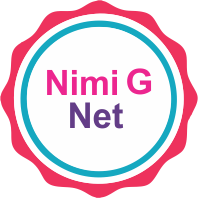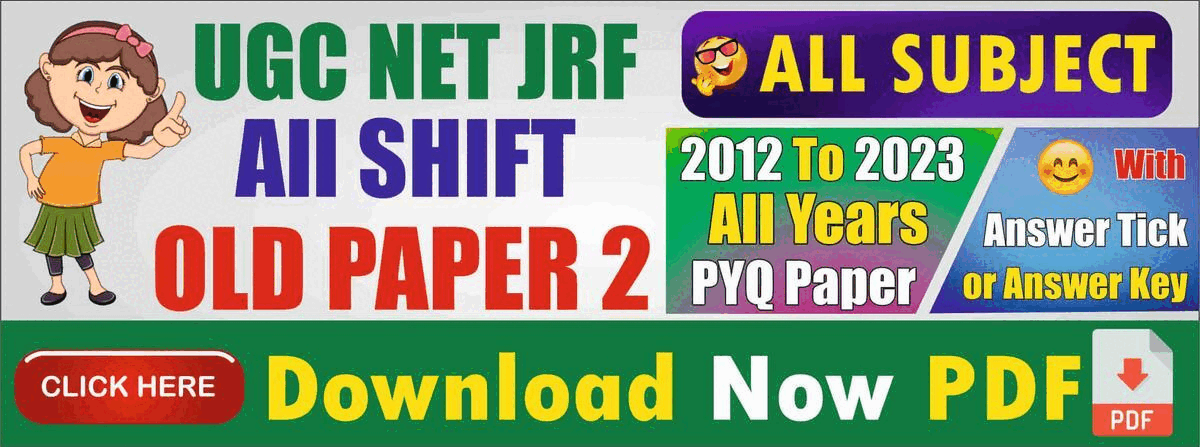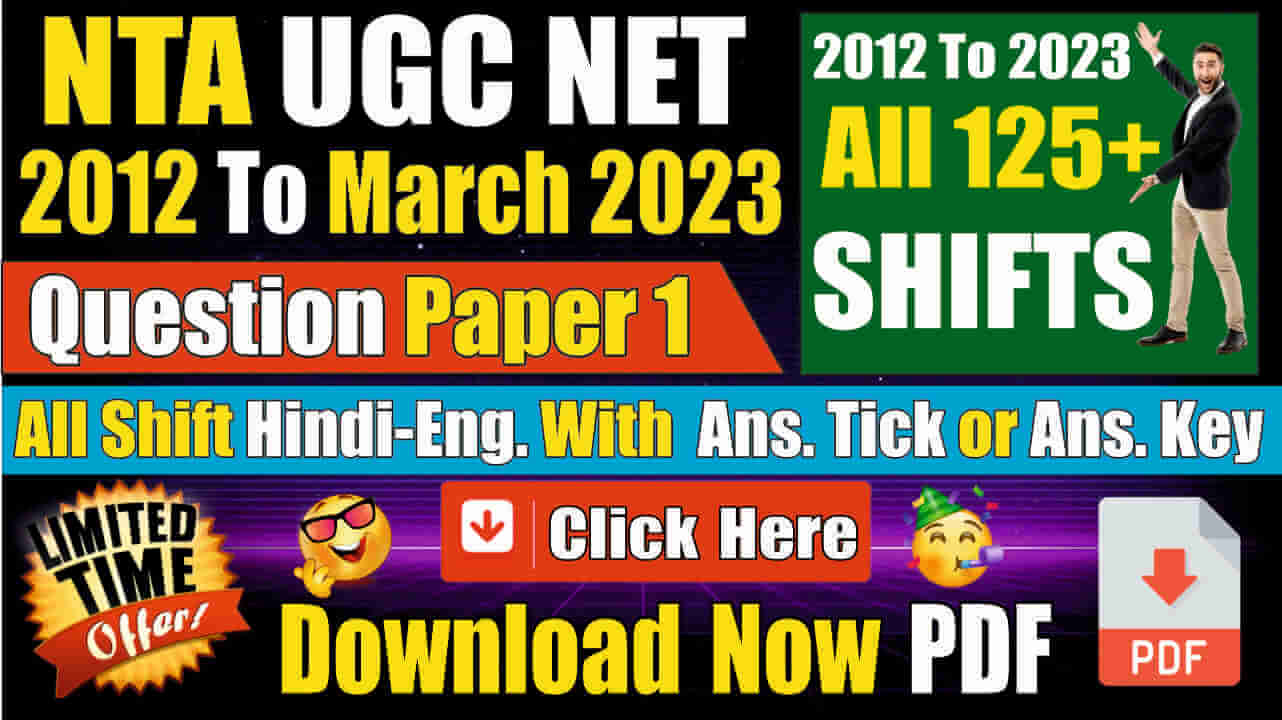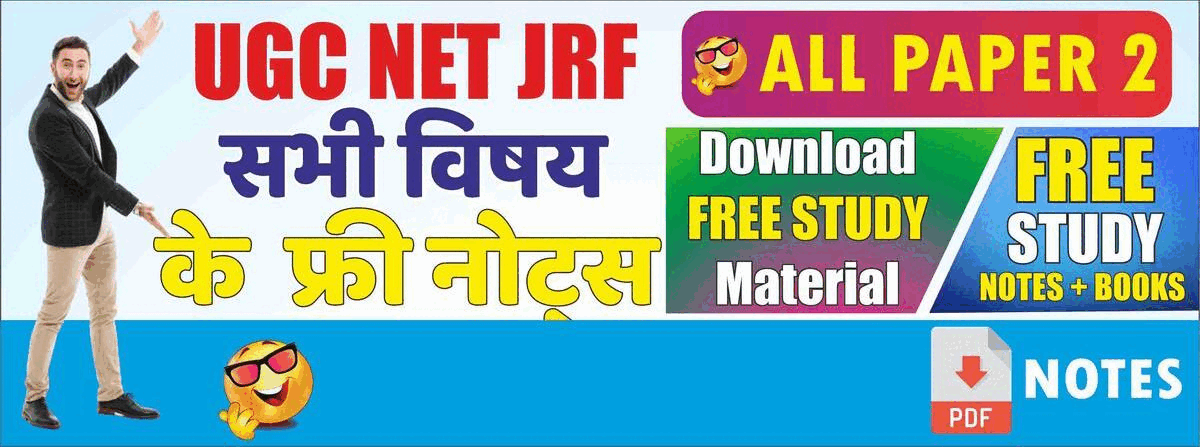Are you searching for the UGC NET Politics including International Relations Syllabus 2023 PDF Download? Look no further, as we have compiled all the important details and tips to help you prepare for the exam.
The UGC NET Politics including International Relations exam is conducted by the National Testing Agency (NTA) for candidates who wish to pursue a career in the field of Politics including International Relations. The exam assesses the candidates’ knowledge in the subject and tests their eligibility for lectureship and research fellowships.
If you are planning to appear for the UGC NET Politics including International Relations 2023 exam, it is important to have a thorough understanding of the syllabus and exam pattern. In this article, we have compiled all the important information you need to know about the UGC NET Politics including International Relations Syllabus 2023 PDF Download
UGC NET Politics including International Relations Exam Pattern 2023:
The UGC NET Politics including International Relations exam consists of two papers – Paper 1 and Paper 2. Both papers are conducted on the same day, and the duration of each paper is 3 hours. The exam is conducted online, and each question carries 2 marks. There is no negative marking for incorrect answers.
The UGC NET Politics including International Relations Exam consists of two papers: Paper 1 and Paper 2.
Paper 1:
- Duration: 3 hours
- Number of questions: 50
- Total marks: 100
- Type of questions: Multiple Choice Questions (MCQs) based on general aptitude, teaching and research aptitude, and current affairs.
Paper 2:
- Duration: 3 hours
- Number of questions: 100
- Total marks: 200
- Type of questions: MCQs based on Politics including International Relations subjects.
Both papers are conducted in a single session with no break in between. The candidates are required to appear for both papers to be considered for the selection process.
It’s important to note that there is no negative marking for incorrect answers in UGC NET Politics including International Relations Exam.
UGC NET Politics including International Relations Syllabus 2023: Download PDF
The UGC NET Politics including International Relations syllabus is divided into two parts – Paper 1 and Paper 2. Here’s a detailed syllabus for both papers.
Paper 1 Syllabus:
Teaching Aptitude:
- Teaching: Nature, objectives, characteristics, and basic requirements.
- Learner’s characteristics: Characteristics of adolescent and adult learners, and individual differences.
- Methods of teaching: Teacher-centered vs. learner-centered methods; Off-line vs. online methods.
- Evaluation systems: Elements and types of evaluation, evaluation in higher education, and grading system.
Research Aptitude:
- Research: Meaning, types, and characteristics.
- Steps of research.
- Methods of research.
- Research Ethics.
Reading Comprehension:
- Comprehension passages.
Communication:
- Communication: Nature, characteristics, types, barriers, and effective communication.
- Verbal and non-verbal communication.
- Classroom communication.
Logical Reasoning:
- Understanding the structure of arguments.
- Evaluating and distinguishing deductive and inductive reasoning.
- Verbal analogies.
Data Interpretation:
- Sources, acquisition, and interpretation of data.
- Quantitative and qualitative data.
- Graphical representation and mapping of data.
Paper 2 Syllabus:
Nta Ugc Net Politics including International Relations Syllabus 2023 in English
Unit I
International and Area Studies: Concepts, Theories and Approaches
• Major concepts, scope and nature of International Relations and Area Studies
• Theories: Realist, Liberal, Marxist and Critical Theories of IR and Area Studies
• Approaches: Western and Non-Western
• Power Politics: Balance of Power, Geopolitics, Bipolarity, Unipolarity, Multipolarity and Polycentrism
• State and Non-State Actors in IR and Area Studies
Unit II
Evolution of International Relations and Area Studies
• Emergence of nation states and nationalism
• Pre-World War I International System
• Inter-War Period
• Post-World War II Period (Cold War)
• Decolonisation, Global South and International Politics
• Post-Cold War International Relations
• Impact of Globalisation
Unit III
Contemporary World Order
• Changing Patterns of World Order: Unipolarity, Bipolarity, Multipolarity and Polycentrism
• Role of Major Powers: US, Russia, China, Japan, India and EU
• Globality, Globalism and Globalisation
• Democratisation and the World Order
• Science, Technology and Global Order
Unit IV
Conflict, Security and Peace: National and International
• Concepts, components and models of National and International Security
• Evolution of Strategic Thoughts: Kautilya, Sun Tzu, Machiavelli, Antonio Jomini, Carl von Clausewitz, H. Mackinder, A.T. Mahan, G. Douhet, William Mitchell, Alexander de Seversky, H. Kissinger
• Evolution of Strategic Doctrines: Massive Retaliation, Deterrence, Flexible Response, Mutually Assured Destruction (MAD), Strategic Defence Initiative (SDI), NMD
• Evolution of India’s Security Policies and Nuclear and Maritime Doctrines
• New Modes of Warfare: Conventional, Low Intensity Conflicts, Information and Communication warfare, Nuclear, Biological and Chemical Warfare, Revolution in Military Affairs
• Non-Traditional Security Threats: Food and Health Security, Energy Security, Environmental Security, Gender Security, Human Security, Cyber Security and Terrorism
• Conflict Resolution and Peace, Arms Control and Disarmament.
Unit V
International Organisations and Global Governance
• Role of International Organisations in International Peace and Security, Development cooperation and Democratisation
• United Nations: Role, Relevance, and Reforms
• Global Governance: Issues and Challenges of global commons
• Regional and Sub-regional Organisations
• Impact of Globalisation.
• International Law as an instrument of global governance
Unit VI
India’s Foreign Policy
• Evolution of Objectives and Principles of India’s Foreign Policy
• India’s Relations with Neighbourhood and Extended Neighbourhood
• India and Major Powers: US, Russia, China, Japan, and EU
• India’s Look East and Act East Policy
• India’s Engagement with International and Regional Organisations
• Role of India’s Soft Power in its Foreign Policy
Unit VII
South Asia and Indo-Pacific Region
• Geopolitical and Geostrategic setting
• Colonialism, nationalism and independence movements
• Nation building, state building and challenges to democratization
• Post-Independence developments: Political Regimes
• Internal and External Threats to State Security and Human Security
• Regional Territorial and Maritime Issues, Role of Extra-regional Powers.
• Regional Trade, Development Cooperation and Strategic Partnership: IORA, SAARC, ASEAN, ARF, APEC, BIMSTEC, Mekong-Ganga Cooperation etc.
• Impact of Liberalisation, Privatisation and Globalisation (LPG)
Unit VIII
Central Asia, West Asia and Africa
• Geopolitical and Geostrategic setting
• Colonialism, nationalism and independence movements
• Nation building, state building and challenges to democratization
• Post-Independence developments: Political Regimes
• Internal and External Threats to State Security and Human Security
• Regional conflicts and issues and role of extra-regional powers
• Regional Trade, Development Cooperation and Strategic Partnership
• Impact of Globalisation
Unit IX
Europe and Erstwhile Soviet Union/Russia
• Geopolitical and Geostrategic setting
• Nationalism, Industrial Revolution and State building
• Europe between two World Wars
• Alliances and Accords in Europe: NATO, WARSAW PACT, Helsinki Accord, EU etc.
• Internal and External Threats to State Security and Human Security, Migration refugees and Ethnic Problems
• Trade, Development cooperation and Strategic Partnerships
• Role of US in Europe
• Impact of Globalisation
Unit X
The Americas
• Geopolitical and Geostrategic setting.
• Colonialism, Nationalism and Independence Movements.
• Nation building, state building and challenges to democratization.
• Internal and External Threats to State Security and Human Security.
• Regional conflicts and Issues: Role of US and Extra-regional Powers.
• Regional trade, development cooperation and strategic partnership.
• Globalisation and its impact.
Paper 2 Syllabus Download Pdf:
Ugc Net Politics including International Relations Syllabus 2023 in English
Ugc Net Politics including International Relations Syllabus 2023 in Hindi
Preparation Tips for UGC NET Politics including International Relations Exam 2023:
Here are some tips for preparing for the UGC NET Politics including International Relations exam 2023:
- Understand the syllabus and exam pattern thoroughly.
- Make a study plan
- Refer to standard textbooks and study materials recommended for the exam.
- Practice previous year question papers and mock tests.
- Focus on time management and accuracy while attempting the questions.
- Take regular breaks and maintain a healthy lifestyle to avoid burnout.
- Join coaching classes or online courses if necessary.
- Stay updated with current affairs related to the Politics including International Relations field.
Important Points:
- The UGC NET Politics including International Relations exam is conducted by NTA for candidates who wish to pursue a career in Politics including International Relations.
- The exam assesses the candidates’ knowledge in the subject and tests their eligibility for lectureship and research fellowships.
- The exam pattern of UGC NET Politics including International Relations 2023 includes multiple-choice questions and is conducted in online mode.
- The marking scheme of the exam is +2 for a correct answer and no negative marking for incorrect answers.
- The duration of the exam is 3 hours, and the number of questions is 150.
- The UGC NET Politics including International Relations Syllabus 2023 PDF Download is an important document that provides a detailed outline of the topics that will be covered in the exam.
- To download the syllabus, candidates can visit the official website of NTA and click on the link provided.
- The syllabus is available in PDF format and can be downloaded for free.
- The syllabus is divided into nine units, each covering a specific topic related to Politics including International Relations.
- To prepare for the exam, candidates must understand the syllabus, make a study plan, practice previous year question papers, join a coaching institute, take mock tests, and revise regularly.
FAQs:
- Is there any negative marking in the UGC NET Politics including International Relations exam 2023? Ans: No, there is no negative marking for incorrect answers.
- Can I download the UGC NET Politics including International Relations Syllabus 2023 PDF from the official website? Ans: Yes, the syllabus is available for download on the official website of NTA.
- What is the duration of the UGC NET Politics including International Relations exam 2023? Ans: The duration of each paper is 3 hours.
Also Check:
Conclusion:
In conclusion, the UGC NET Politics including International Relations exam 2023 is a crucial opportunity for aspirants who want to pursue a career in the teaching or research field. To crack the exam, it’s essential to have a clear understanding of the syllabus, exam pattern, and prepare accordingly. With a comprehensive understanding of the UGC NET Politics including International Relations Syllabus 2023 PDF download and proper preparation, you can clear the exam with flying colors.






1 thought on “[New] UGC NET Politics including International Relations Syllabus 2023 PDF Download”